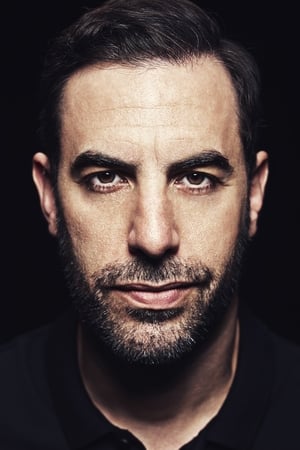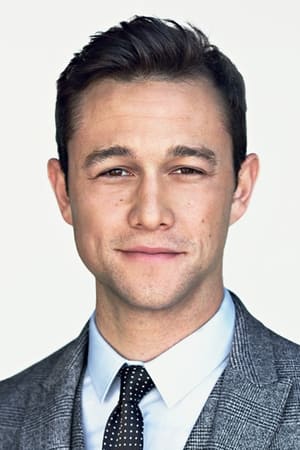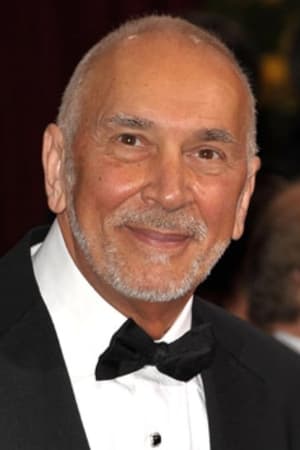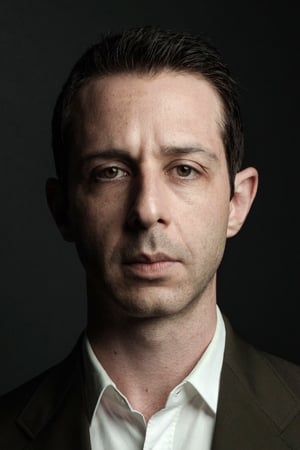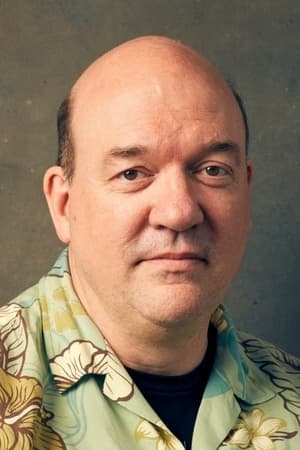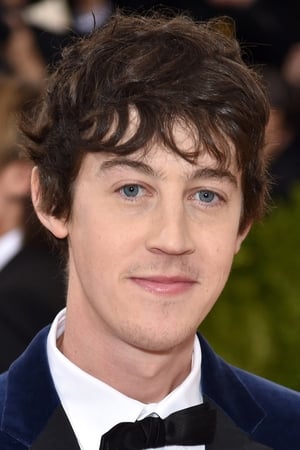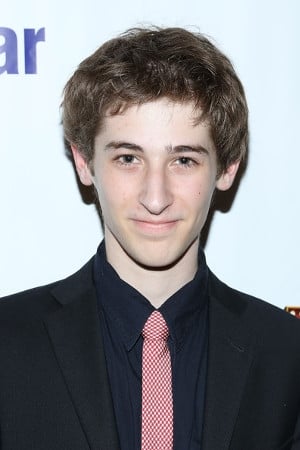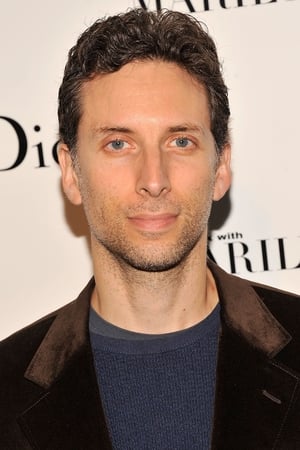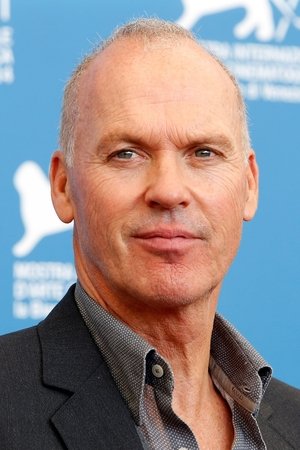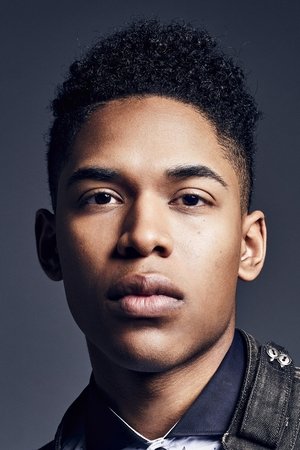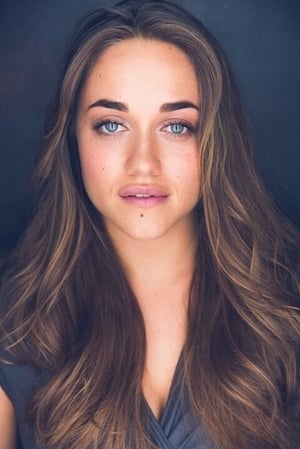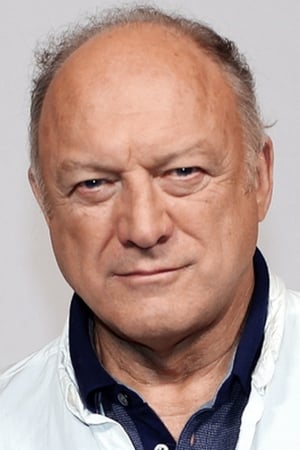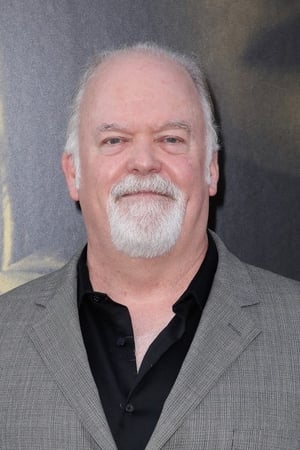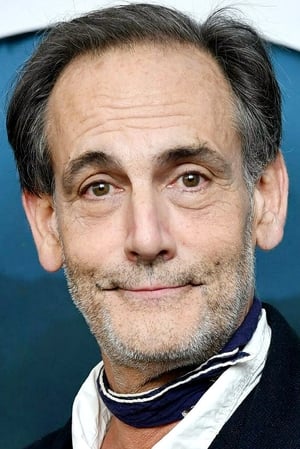⭐⭐⭐
Rating: 2.5 out of 5.(Spoilers ahead for this movie)
On August 23rd of 1968, a group of leftist (or dissident depending on who you ask), pacifist, and anti-capitalist protestors from states neighboring Illinois all came together outside the Democratic National Convention in Chicago to protest the Vietnam War.
The initial estimates for the numbers of protestors were around 15,000, but by all accounts, the number never eclipsed past 8-10,000 protestors throughout the city by their highest attendance rate on the 25th. The Chicago Police Department prepared for this by putting almost 12,000 officers on 12-hour-shifts while adding 6,000 members of the National Guard and keeping another 1,000 serving members on call. Walter Cronkite of CBS reported, “The Democratic convention is about to begin in a police state. There just doesn’t seem to be any other way to say it.”
By the evening of the 25th in Lincoln Park, protest leaders were telling their followers to “test the curfew,” and by 11 that night, the police rolled in with tear gas and billy-clubs to indiscriminately beat everyone who was still there. It didn’t matter if you were a protestor, a journalist, or a random bystander. The police did what the police always do, so they beat American citizens to a bloody pulp with administrative euphemisms like “forcibly removing.” On Monday the 26th, the following evening in Grant Park, the police rolled up in the evening to “disperse” a group of protestors who were scaling a statue and ended up breaking a man’s arm in the process (and that’s just one of the surviving stories). On Wednesday the 28th, the largest concentration of protestors, now gaining some traction amongst other anti-war organizations, marched on Michigan Ave before stopped and surrounded by police on all sides in front of the Conrad Hilton. The police then charged the protestors, breaking them up into small groups of protestors as they were recovering and helping each other, pushed them through plate-glass windows, then jumped inside and beat them even more against the glass-strewn floors. Journalists such as Dan Rather were punched in the stomach while Mike Wallace was wrestled to the ground. Even the Democratic Presidential Nominee Hubert Humphrey got tear-gassed in his hotel suite.
The City-State Department, the U.S. Department of Justice, the House of Un-American Activities, and the fresh presidentially appointed National Commission on the Causes and Prevention of Violence all did their own investigations on the event with the express purpose of finding a scapegoat. By September 6th, the Daley Administration sent out a first report blaming the violence on “”outside agitators” and “revolutionaries” with an “avowed purpose of a hostile confrontation with law enforcement.” 3 days later, on the 9th, one of the District Courts of Illinois convened a grand jury to investigate whether the protestors had violated any federal laws and if the police had violated their civil rights. After over 6 months of deliberation and interviews with up to 200 witnesses, the grand jury indicted 7 police officers for assaulting demonstrators and 1 for perjury (which is omitted from this script, and I’m frankly curious as to why that is, but we’ll get to that), and 8 protestors for conspiracy and inciting a riot. The defendants were pacifist and conscientious objector David Dellinger (John Carroll Lynch), anti-war Democrats Tom Hayden (Eddie Redmayne) and Rennie Davis (Alex Sharp), founding members of the Youth International Party (Yippies) Abbie Hoffman (Sacha Baron Cohen) and Jerry Rubin (Jeremy Strong), and Chairman of the Black Panther Party Bobby Seale (Yahya Abdul-Mateen II). Their legal representation was scattered amongst who was representing who when the trial started, to say the least.
I give heavy context to this historical event, not just because we should know about it (which is a fair place for a project such as this to start from), but also because it has been a ripe peach waiting to be picked by a generally successful and politically prideful boomer who may condemn the past 4 years and may sincerely think they want the best for the most people, but still waxes nostalgia for the good old days of whatever period of America’s continuous social tug-of-war that they felt most comfortable in. Admittedly, this trial has been touched on before in Film, TV, documentaries, and even theatre, all of which I will admit that I have not seen, so I went in comparing this film to the recorded history, not the other dramatizations.

On the surface, it makes sense that Aaron Sorkin would be the man to make The Trial of the Chicago 7. He’s already delivered his takes on the internet (The Social Network), the American government (The West Wing), the media (The Newsroom), CEO culture (Steve Jobs), sports (Moneyball), the military (A Few Good Men) and even the comedy industry (Studio 60 on the Sunset Strip and sort-of Bulworth). We’ve seen time and time again not only what he’s in awe of but what he believes in, which, as he would probably still be resilient to admit, would amount to the most shamelessly neoliberal views on those topics. It’s worth mentioning that he originally wrote the first drafts of this project back in 2007 at Steven Spielberg’s request, who wanted to direct unknown and unprofessional actors in the leading roles. But several years of delays, rotating director choices, and other projects kept this one in the incubator. Now riding on a directing debut that went over mostly ok (Though I still haven’t seen Molly’s Game for myself) and what I suspect is another blank check from Netflix, Sorkin has decided to step back into directing duties on this one. So how does it pan out in that regard?
Well, the ensemble may have all the A-list talent they could on this one, but the performances themselves are a mixed bag. Eddie Redmayne’s American accent in this was a chore to listen to, and it sounded as if he was choking on a bullfrog every time he had to raise his voice. Sacha Baron Cohen, I hate to admit it, exaggerates his accent and just comes off as a caricature of a man who was already enough of a self-aware character. Mark Rylance as the lawyer William Kunstler spends the first half of this acting circles around everyone else with just his voice and his body language. Frank Langella turns in solid work as the cantankerous Judge Hoffman, who was later voted by a jury of his peers to have been unqualified to take the case all along. He and Yahya Abdul-Mateen II get the best banter scenes to themselves, and it helps that they are not shouting through the most obvious costumes and wigs like everyone else. It’s good to know that Joseph Gordon Levitt is still getting work, cast here as prosecutor Richard Schultz. It’s just that I can barely remember how many scenes he’s in because Judge Hoffman is portrayed as a bigger bell-end than he is. Then Michael Keaton shows up as former Attorney General Ramsey Clark 70 minutes in, and compared to what we have seen up to this point, he seems like the main actor that gets to talk the way he talks and not put on too garish a costume to remind us of how little has really changed.
Sorkin also demonstrates that while his visual language is usually unobtrusive, he has fuck-all idea of how to block a scene. In court, all of the characters just talk at each other but usually while seated behind big desks, leaned back, and across different ends of the court. Even the exterior scenes have a pedestrian view of the crowd, which is weird considering the whole ensemble this can already afford. Every protest scene looks like a tv production of a beginner’s Total War AI formations smacking into each other. When there is a close-up on an object to break the shot-reverse-shot cycle, it’s not something important. When an important object does appear, be it a loaded gun to the side of someone’s head or a frustrated lawyer picking up a law book and smacking it down on the table, the shot is so wide that either object may as well hardly be in the frame.

Now having made all of these complaints, was this still a compelling watch? Surprisingly yes. Granted, it’s been a long time since I’ve watched a courtroom opera. But nobody writes this kind of portentous dialogue quite like Sorkin, so I can indulge some of the usual tropes because there is some fun to be had seeing these actors get all the material they can chew on. Despite my discrepancies with some of what the cast members are doing, I can’t say anyone is going on auto-pilot because everyone is bringing everything they got to this. When the argument over Bobby Seale’s lack of legal representation continued for several days, with Judge Hoffman repeatedly compelling Kunstler to represent him (which did happen), it’s effectively frustrating to witness that. When it’s escalated to the real-life incident of Bobby getting gagged in court, it’s horrifying to watch. When the defense managed to score Ramsey Clark’s testimony, I knew I didn’t want anyone else other than Michael Keaton to give me some hope before reminding me to “get to work on the appeal” as he leaves with a testimony that he knew would be excluded.
But there is a flip side to this because it’s still a plane being flown by Aaron Sorkin, so when we are not in court and relying on the transcripts, the turbulence kicks in, and his baggage comes crashing down on our heads. Even if it can be entertaining to listen to, the problem with this dialogue is that no character in this movie is actually speaking with anyone else. They are all making speeches at each other. Even their single-sentence responses either sound like they’re about to start a monologue or settle for glib and smug quips, but at least it never quite gets as insufferable as joss whedon. (Though the line, “I feel like this is the academy awards of protests, and it’s an honor just to be nominated.”? Go to writing jail) It still results in a script where even when it’s clear who is and isn’t on the wrong side of history, everyone sounds like the same damn person who is too smart for their own good.
What’s more insufferable than that are the portrayals of race and gender. Again, Yahya is terrific, but this story is using Bobby Seale as a prop. A fair portrayal of the injustices he suffered, yes, but the script doesn’t have anything else for him to do beyond that. He gets one scene outside of the courtroom, and it’s when the other defendants redundantly inform him that Fred Hampton has been murdered by the government. There’s a part of me that wonders how he would feel if he had any idea that his death would become a significant plot point in two best-picture nominated films 50 years later, but that’s a different discussion for another time. The point is that I like the way a line like “Your life, it’s a fuck you to your father, right” sounds, but belying the fact the Fred was assassinated a whole month after Bobby’s mistrial in real life, do you really expect us to believe that’s what he would have said if they had visited him in jail? I mean, sure, Fred Hampton was killed in Chicago, but there aren’t any records that he went to this trial. It’s obvious why Sorkin included him in this, but even when there are Black Panthers in the courtroom, conferring with Bobby, he still can’t help but write how thinks they should talk, rendering them strictly expressive vehicles. This gets particularly egregious when Sorkin congratulates himself and the white audience by having a white man tell a white woman to keep reading James Baldwin after she just gave up jury duty over an obviously false threat from the Black Panthers. Or having a white woman say on the phone that “it’s not even bigger, it’s just better” when a racist caller harasses her. I would talk about Daphne O’Connor’s character, an undercover FBI agent who catfished Jerry Rubin to infiltrate the protests, but she didn’t exist either. She’s just another boring assortment of all of Sorkin’s apprehensions for women rolled up into one whose substantial contributions to the story amount to very little and therefore remains a political prop. Every time I give Sorkin an inch, he gets far more comfortable than he should, spreading his neoliberal fantasies of decorum and respectability all over the place.
This need for a narrative that isn’t there came together in the scene that really made me look back on this film unfavorably. When Abbie Hoffman and Tom Hayden are arguing with each other about their differences in ideals, it already starts on a dishonest note, having up to this point portrayed Hayden as the clean-cut more acceptable face to the jury who hated Hoffman’s acts of provocation (spoiler irl: he wasn’t), but it only gets more polarizing as the more cast members devolve into an argument about who said what at when to rile up the audience. After much deliberation over who should go to the witness stand on behalf of the defense, the decision is made to send up Hoffman after a hitherto unknown tape implicates Hayden as the chief rabble-rouser for saying, “If blood is going to flow, then let it flow all over the city!” in response to seeing Rennie Davis get attacked by the police. The problem with this is that most accounts from the protest have said that that wasn’t far off from the kind of person Hayden already was, and here they keep playing him as the straight and narrow guy played by Eddie Redmayne. All to prove a point about possessive pronouns and vague noun modifiers that only Sorkin and whoever he wishes he was debating right now would care about.
I don’t usually complain about ahistoricity, especially when it comes to cold cases such as The Irishman or completely guessing at what kind of person a historical figure was when there are not that many records of them, be it Mongol or All Is True. But scripts like this and Mank are taking strange liberties with well-recorded history. From beginning to end, this is making some serious stretches with the intentions that it wants us to believe that the figures involved in this trial had going in. It doesn’t take a Rhoades scholar to point out that the real Richard Schultz had no sympathies with the demonstrators and, by all accounts, was more than happy to trample on their first amendment rights. This is Sorkin reaching for a fair and balanced portrayal of an event that wasn’t, not in its inception or the execution. My initial reaction was that it was a very fatherly view on leftist political movements, especially those that Sorkin clearly feels threatened by, but as I look back on it, many of the storytelling decisions here just come off as pointlessly centrist. I would say that I understand where he is coming from in this pursuit of looking for the common ground on which both of these groups lie, but this fixation on whoever tosses the first brick is embarrassing and trite. I hate to paint broad equivalencies, but how many political groups, especially revolutionary and anti-authoritarian, and whether you agree with their goals and methods or not, have never had to use violence? Do the Right Thing already showed us that it is not about who started it or how much more blood one side drew over the other, but what the social conditions in place that ripen the potential for a riot are.
The real-life case already was an affront to the very idea of justice, and hardly anyone from the state’s side of the story comes out looking good. Schultz protesting Bobby’s gagging, talking to Hoffman and Rubin outside of court on a weekend, and standing when Hayden started reading the names of every American soldier who died in Vietnam since the trial began are the mark of Sorkin inventing a character that he wishes was real, and he isn’t.
And what’s so frustrating is that the portrayal of Judge Hoffman clearly shows that he’s aware that some people in this case truly don’t need defending or any help from circumstance to come off as anything but the pedantic shitheel authoritarians they were, and he still sands off enough of the edges to not make us completely hate Frank Langella. The real Judge Hoffman was so racist that he threw several lawyers in jail without bail who attempted to represent Bobby Seale during the pre-trial, causing over a hundred lawyers across the country to write amicus briefs pleading for them to be released. When the real Kunstler leaned his elbow on a lectern, the Judge yelled at him for doing so, claiming the famous German-American architect Mies van der Rohe designed it, and therefore such treatment was disrespectful to the lectern. Also, none of the defendants stood at any point during the real trial, and there were more than two lawyers on the defense team. Nothing a reading of soldiers’ names over a swelling orchestra can’t emotionally navigate you to, but it could have hit harder and more true if they had David Dellinger read them until he was stopped once he got to the names of the Vietnamese citizens who were killed. Jesus, that abrupt tv text ending though.

2 1/2 Stars out of 5. It could have been more offensively wrong even if it gets some details right, and it had some dramatic potential, it’s just that Sorkin’s myopia and directing limitations keep this from being yet another expensive melodramatic television play.











